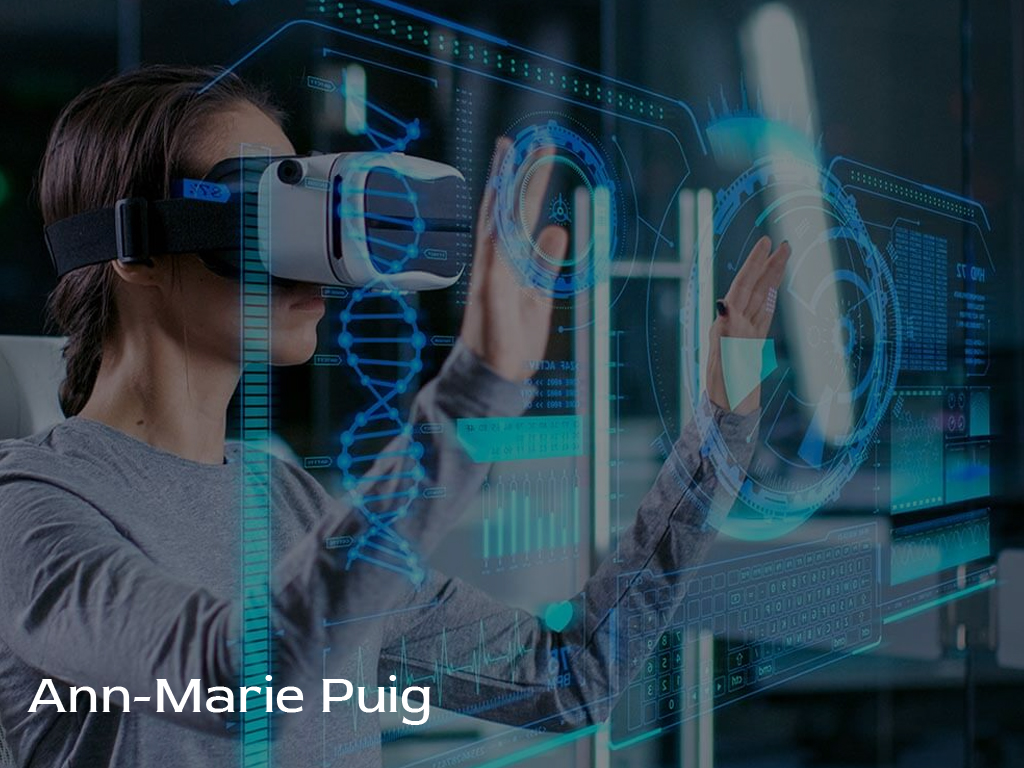Remote has become the new normal – this will particularly be valid for accounting on the grounds that the calling is one that lends itself effectively to virtual activities with the assistance of true innovation. What’s more, virtual reality (VR) could be one bit of tech that truly upgrades the far-off bookkeeping experience, empowering the most sensible simulacrum of in-person gatherings accessible today. Ann Marie Puig, a successful entrepreneur, financial expert and philanthropist from Costa Rica, discusses the different ways accounting will change because of VR.
In reality, VR, has been encountering an expansion sought after since the start of stay-at-home orders across world. Organizations are perceiving the utilization of VR for preparing, gatherings and client assistance. Explains Puig, “For accountants, every one of the three of those regions is appropriate. Newcomer preparing, particularly for bigger firms, is a significant advance in the profession of a youthful bookkeeper, and can be broad and nitty-gritty. Making an encounter as near face to face as conceivable could relieve a significant part of the nervousness and deficits of directing such projects distantly.”
One of the issues telecommuters the nation over have been encountering during the pandemic is first, the generally modest number of alternatives for remote meeting and reunions, and second, the frailty of those platforms. Zoom, with 43% piece of the pie, is the most well-known video conferencing arrangement at the present time; however, there have been issues encompassing the open idea of its foundation. Pranksters have had the option to just attempt irregular series of letters to enter a Zoom call and upset it, for instance. This can be exceptionally problematic to a gathering of bookkeepers previously attempting to complete work in another and new situation.
Not all VR innovation is made equivalent; however, Puig emphasizes that VR platform can be “as secure as you need them to be.” Data can be scrambled information on one or the two closures, which goes far to guarantee security. Obviously, likewise with any innovation platform, there is a wide range of information penetrates that could happen, including through social building and phishing. As VR reception expands, security administrations encompassing the business will likewise develop.
There is likewise information that proposes that video conferencing can be more burdening and distressing on members than in-person gatherings. Since the video and sound quality is never in the same class as face to face, members strain more to tune in and utilize increasingly misrepresented non-verbal communication prompts to show that they are effectively tuning in. Puig adds, “VR could ease a portion of these issues by bringing laborers into a domain where they can see an associate’s entire person (which, contingent upon the platform and firm arrangement, can be a symbol that appears as though you or a totally made up symbol) and connect with their ‘condition’ (a reproduced gathering room with a whiteboard, for instance).”
While it may not appear so, there are as of now numerous VR platforms explicitly for bookkeeping and fund experts accessible available today. The subject of appropriation comes down to status and planning. The platform itself is one expense; however, headsets are expected to take an interest in VR, and they can be costly. The Oculus product offering of headsets extend in cost from $200 to $900, contingent upon the model and specs. In light of that, the calling may see bigger firms — maybe the Big Four — receive the innovation first. What’s more, as the COVID-19 emergency keeps on unfurling, maybe stream down reception will happen quicker and more promptly than what we’ve seen with other more up to date advances like cloud, AI or computerization up until this point.



